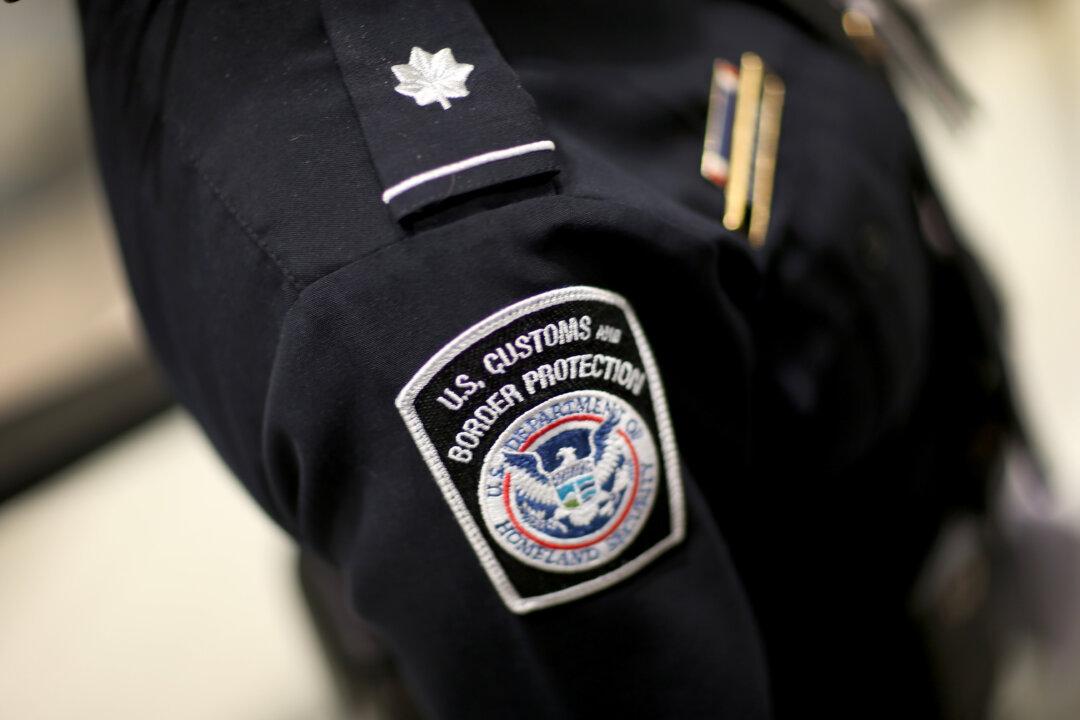WASHINGTON—The Department of Homeland Security has issued visa sanctions against Ghana for failing to accept their nationals that the United States is trying to deport.
The African nation is the seventh country hit with such sanctions by the Trump administration.





